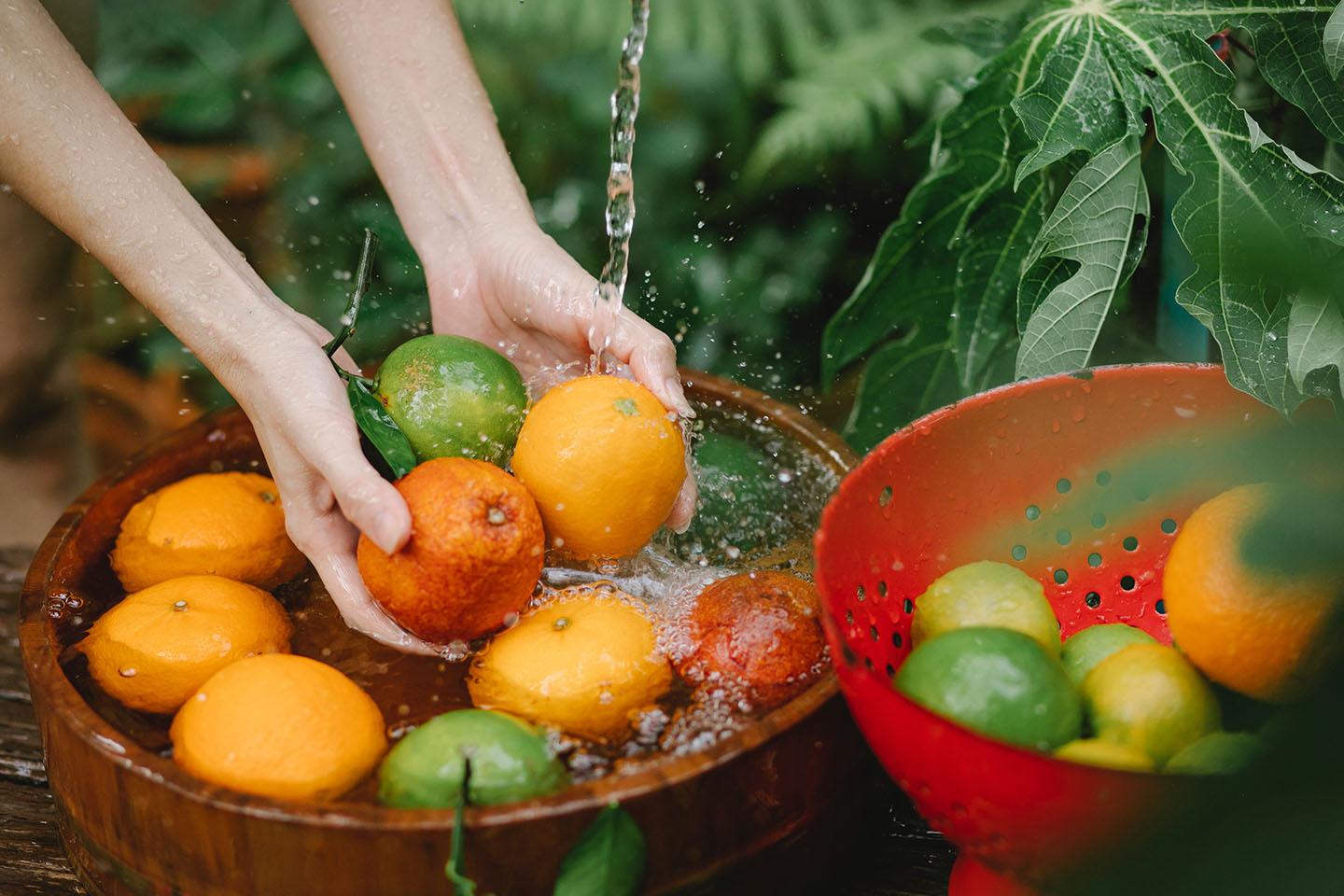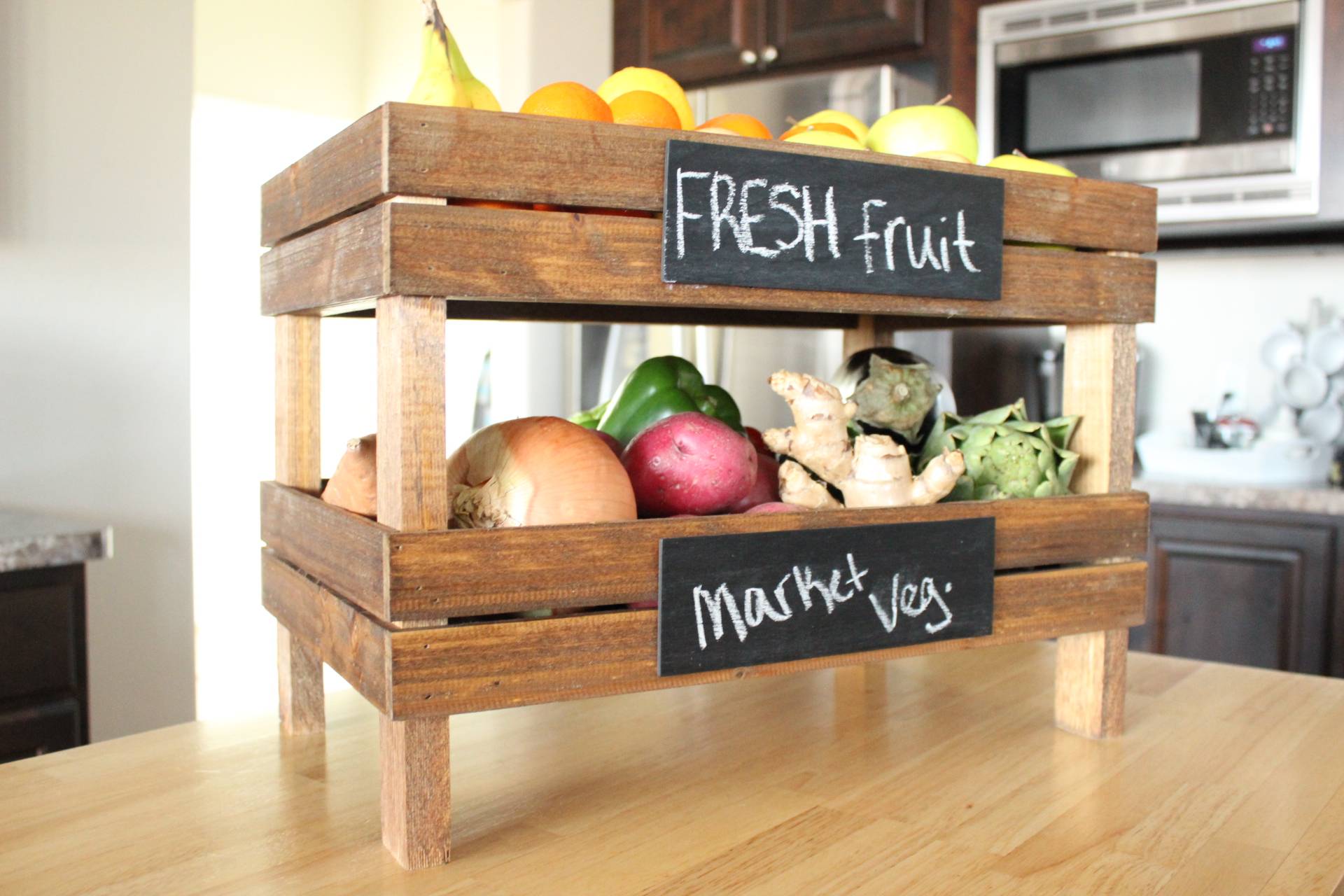How to Store Fresh Fruits to Prevent Spoilage

Imagine this: you've just returned from the market with a basket full of vibrant, fresh fruits. The aroma of ripe strawberries and the firm touch of crisp apples promise a week of delightful snacks and meals. But how do you ensure these treasures don't turn into a mushy, unappetizing mess within days? Let's dive into the world of fruit storage and discover the best tips to keep your fruits fresh and delicious for as long as possible.
Understanding Fruit Spoilage
Before we delve into storage tips, it's essential to understand why fruits spoil. Fruits are living organisms that continue to respire even after being picked. This respiration process, along with the action of enzymes and microorganisms, leads to spoilage. Proper storage can slow down these processes, extending the shelf life of your fruits.
General Tips for Storing Fresh Fruits
Keep Them Cool
Most fruits prefer cool temperatures. The refrigerator is your best friend when it comes to storing fruits like berries, grapes, and apples. However, not all fruits enjoy the cold. Tropical fruits like bananas and pineapples should be stored at room temperature.
Mind the Moisture
Some fruits need humidity to stay fresh, while others prefer dry conditions. Berries, for instance, should be stored in a container with a paper towel to absorb excess moisture. On the other hand, citrus fruits like oranges and lemons can be left in a bowl on the counter.
Avoid Overcrowding
Just like people, fruits need their personal space. Overcrowding can lead to bruising and accelerate spoilage. Make sure your fruits have enough room to breathe in the refrigerator or on the counter.
Specific Fruit Storage Tips
Berries
Berries are delicate and highly perishable. To keep them fresh, store them in the refrigerator in a single layer on a paper towel inside a covered container. This helps to absorb excess moisture and prevents mold growth.
Apples
Apples can be stored in the refrigerator for up to four weeks. However, they emit ethylene gas, which can speed up the ripening process of other fruits. Therefore, it's best to store apples separately.
Bananas
Bananas should be stored at room temperature. To slow down the ripening process, you can wrap the stems in plastic wrap. This prevents the release of ethylene gas.
Citrus Fruits
Citrus fruits can be stored at room temperature for up to a week. For longer storage, place them in the refrigerator in a mesh or perforated plastic bag. This allows for air circulation and prevents mold growth.
Stone Fruits
Stone fruits like peaches and plums should be stored at room temperature until ripe. Once ripe, they can be stored in the refrigerator to extend their shelf life.
Creative Storage Solutions
Use the Crisper Drawer
The crisper drawer in your refrigerator is designed to maintain high humidity, making it perfect for storing fruits that need moisture, like berries and grapes.
Freeze Them
If you have an abundance of fruits, consider freezing them. Most fruits can be frozen for up to a year. This is a great way to preserve fruits for smoothies, jams, or baking.
DIY Fruit Ripening Bowl
You can create a DIY fruit ripening bowl by placing unripe fruits in a paper bag with a ripe apple or banana. The ethylene gas released by the ripe fruit will speed up the ripening process of the unripe fruits.
The Role of Ethylene in Fruit Storage
Ethylene is a natural plant hormone that regulates ripening in fruits. Some fruits produce more ethylene than others. Understanding which fruits are high ethylene producers and which are sensitive to ethylene can help you store your fruits more effectively.
High Ethylene Producers
- Apples
- Bananas
- Pears
- Peaches
- Plums
Ethylene Sensitive Fruits
- Berries
- Grapes
- Citrus fruits
- Watermelon
To prevent premature ripening, store ethylene-sensitive fruits away from high ethylene producers.
Common Mistakes in Fruit Storage
Storing Fruits in Airtight Containers
Fruits need to breathe. Storing them in airtight containers can trap moisture and ethylene gas, leading to faster spoilage.
Washing Fruits Before Storing
Washing fruits before storing them can introduce excess moisture, which can promote mold growth. It's best to wash fruits just before you're ready to eat them.
Storing Fruits in the Sun
Sunlight can speed up the ripening process and cause fruits to spoil faster. Always store fruits in a cool, dark place.
Conclusion
Storing fresh fruits properly can significantly extend their shelf life, reducing waste and saving you money. By understanding the unique storage needs of different fruits and following the tips outlined above, you can enjoy fresh, delicious fruits for longer. So, the next time you bring home a basket of vibrant fruits, remember these tips to keep them fresh and flavorful.
Happy fruit storing!
FAQs
Can I store all fruits in the refrigerator?
- No, not all fruits should be stored in the refrigerator. Tropical fruits like bananas and pineapples should be stored at room temperature.
Why should I store apples separately?
- Apples emit ethylene gas, which can speed up the ripening process of other fruits. Storing apples separately helps to prevent premature ripening of ethylene-sensitive fruits.
How can I tell if a fruit is spoiled?
- Signs of spoilage include mold growth, a foul smell, a slimy texture, and discoloration. If a fruit exhibits any of these signs, it's best to discard it.
Can I freeze all fruits?
- Most fruits can be frozen, but some may change in texture and flavor after thawing. Berries, stone fruits, and bananas freeze well.
How can I ripen fruits faster?
- To ripen fruits faster, place them in a paper bag with a ripe apple or banana. The ethylene gas released by the ripe fruit will speed up the ripening process of the unripe fruits.


Belum ada Komentar untuk "How to Store Fresh Fruits to Prevent Spoilage"
Posting Komentar